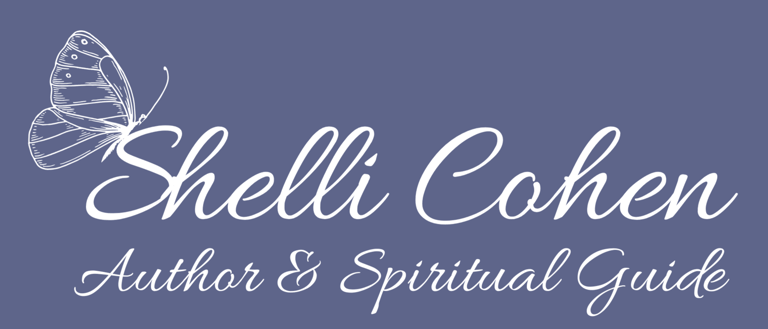The Science on Psilocybin
How It Works
When ingested, psilocybin is converted in the body to psilocin, which interacts with serotonin receptors in the brain—particularly the 5-HT2A receptor. This interaction disrupts default patterns of thinking, often quieting the "default mode network" (DMN)—the part of the brain associated with ego, rumination, and rigid thought loops.
By softening this network, psilocybin allows for greater cognitive flexibility, emotional openness, and a sense of interconnectedness. This is why many people report mystical experiences, a deep sense of unity, or life-changing insights during their journey.
Clinical Research
Recent clinical trials have shown that psilocybin can be highly effective in addressing:
Depression and anxiety—even in treatment-resistant cases
PTSD and trauma-related symptoms
Addiction (including smoking and alcohol dependence)
End-of-life anxiety in terminal illness patients
Studies consistently show that just one or two guided sessions with psilocybin, combined with proper therapeutic support, can lead to lasting positive changes in mood, perspective, and emotional resilience.
Safety and Support
Psilocybin is considered physiologically safe and non-addictive. However, set and setting are essential. The environment, emotional preparation, and integration support all play crucial roles in ensuring a safe, meaningful, and beneficial experience.
Psilocybin isn’t a cure-all, but under the right conditions, it can be a powerful catalyst for healing and transformation.
When used with reverence, guidance, and integration, this sacred medicine helps people remember their inner wisdom, release what no longer serves, and step into a more authentic, peaceful way of being.
For more info, please visit:
https://www.hopkinsmedicine.org/psychiatry/research/psychedelics-research
Psilocybin—the active compound in “magic mushrooms”—is gaining serious attention in the scientific and medical communities for its profound healing potential. Once stigmatized, it's now being studied at leading institutions like Johns Hopkins, NYU, and Imperial College London for its ability to support mental, emotional, and even spiritual well-being.
© 2026. All rights reserved.
Subscribe for Updates & Special Offers
CONTACT
hello@shellicohen.com
